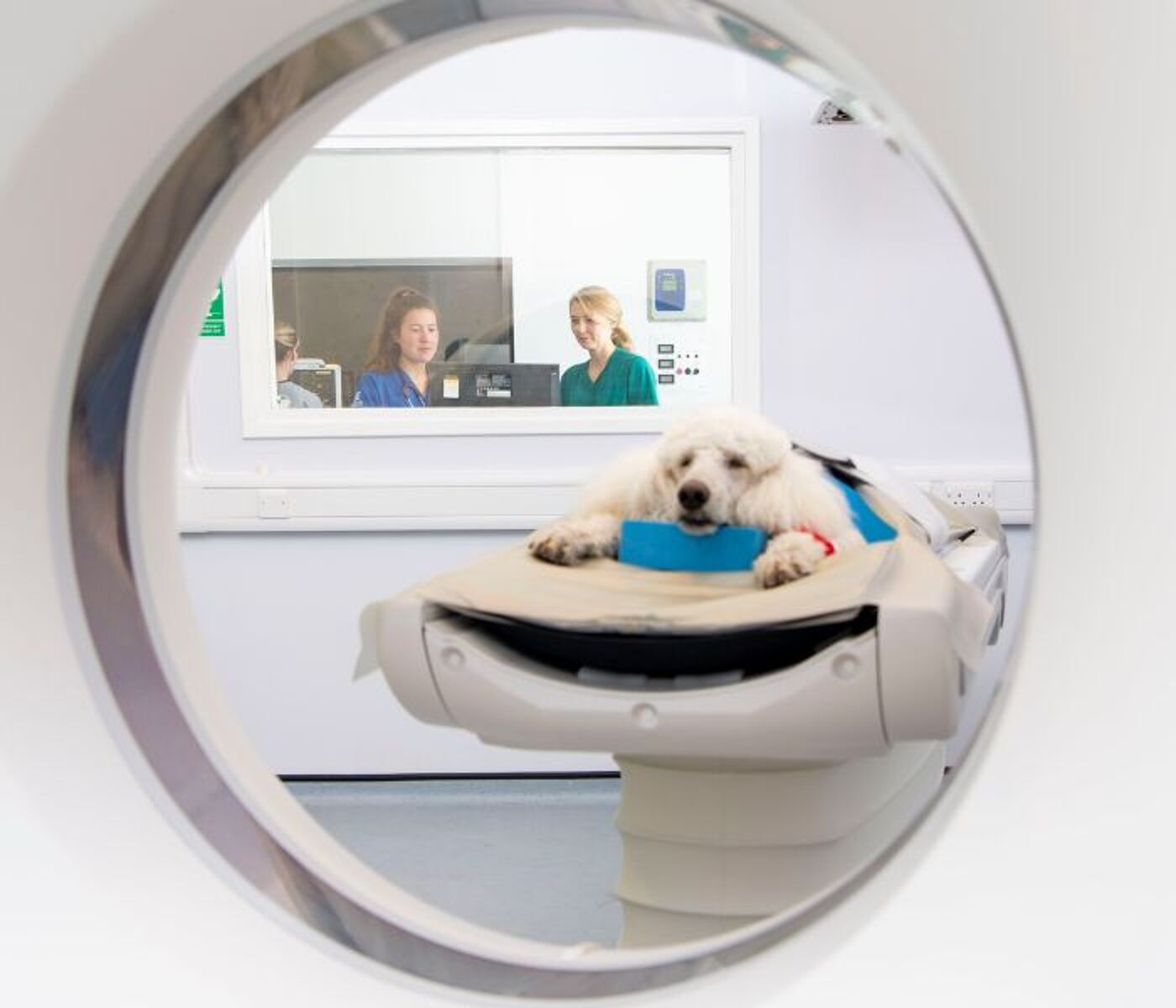
Welcome to Scotland's first pet seizure clinic where we endeavour to provide support to pets who suffer from recurrent seizures.
What is the Seizure Clinic?
Our seizure clinic is a specialised centre which aims to classify seizures and diagnose epilepsy. We help owners and their pets by giving an accurate view of what they can expect, though providing a holistic approach to seizure management.
Tests performed at the seizure clinic to look for causes of the epilepsy routinely include; additional bloodwork, urinalysis, MRI of the brain and spinal fluid analysis.
Managing epilepsy requires a team approach including pet owners, any caregivers involved and the veterinary professional. It can also be a great way to connect with other pet owners with dogs or cats diagnosed with epilepsy. Once enrolled into the seizure clinic, we aim for owners to understand the differences in medication and what may work best for their pet, and also to consider non-drug treatment such as dietary therapy or seizure devices.
How can we help?
Reasons for attending the seizure clinic includes:
- Ongoing seizure activity despite primary medication
- Alternative treatment option in refractory cases
- Utilization of an online secured veterinary seizure dairy with remote diagnosis, management and decision-making
- Help with seizure preparedness including the development of a seizure action plan and how to keep your pet

State-of-the-art Facilities
Our Seizure Clinic is home to state-of-the-art equipment so you can rest assured that your pet is in safe hands. Facilities include:
- On-site imaging specialist and facilities with the only Scottish centre to offer daily appointment for magnetic resonance imaging (MRI)
- On-site laboratory facilitating same day results for blood tests and cerebrospinal fluid analysis
- Electroencephalography (EEG) which can be extended to ambulatory EEG to help detect and identify the type of epilepsy
- 24/7 monitored intensive care unit for cases wit status epilepticus or cluster seizures
Epilepsy Clinical Trial
Canine epilepsy is the most common neurological disorder in dogs. Up to one third of epileptic dogs do not respond to conventional anti-seizure medications. If your dog suffers from epilepsy, they may be eligible to take part in our clinical trial.
Quality of Life in Canine Epilepsy
Health-related quality of life is a recognized feature of many chronic diseases with various measures developed for children suffering from epilepsy and their carers.
vCreate
The Seizure Clinic is proud to present the first online secured veterinary seizure diary for remote diagnosis, management and decision-making.

